Gambiaj.com – (PARIS) – “Our access to capital is both restricted and shockingly expensive. Our fiscal and monetary policies are dictated, in fact, by distant central banks. We have no say.”
In an article published on May 8, 2024, on the Context website, a Thomson Reuters Foundation platform devoted to climate change, the impacts of technologies on society, and inclusive economies, Macky Sall, the former president who became Special Envoy for the Paris Pact for people and the planet since the end of his mandate, denounces the international financial system.
“When I reflect on my 12 years as president of Senegal, one lesson stands out: how unfair the international financial system is to developing countries like mine. No matter how strong our economic policies, we are considered a risky bet. Our access to capital is both restricted and scandalously expensive. Our fiscal and monetary policies are dictated, in effect, by distant central banks. And when we try to protest, we find that we have no say in the matter.
“It took a pandemic and the economic implosion that followed for these flaws to become visible to all. This has led the United Nations and the International Monetary Fund (IMF) to call for a new ‘Bretton Woods moment’: a profound reform of international financial institutions.
“Four years later, with Covid under control and a fragile global economic recovery underway, reformist momentum risks fading as the sense of urgency fades.
“But for most of us in the developing world, these efforts have been insufficient. The multiple crises we face have not disappeared. In the last three years alone, there have been 18 sovereign defaults in 10 developing countries – more than all the defaults of the last decade combined.
“Global inequality continues to grow. According to the World Bank, 60% of low-income countries are at high risk of debt distress or are already there. Interest payments from these countries have quadrupled over the past 10 years as global interest rates have surged.
“To meet debt repayments, low-income countries are cutting spending on education, health, and other public services. In doing so, they also sacrifice their right to a better future.
“Africa now pays more in debt service than it spends on investing in climate resilience, estimated at $50 billion per year. Its external debt reached $824 billion in 2021, with countries devoting 65% of their GDP to repay these obligations.
“At the World Bank and IMF spring meetings this year, the IMF warned of growing global inequality, with ‘the poorest countries falling further apart.’
“The need to make the international financial system fairer, more responsive to the real needs of the developing world, and more representative of the global community is more urgent than ever.
“Last year in Paris, during a world summit called by French President Emmanuel Macron, 32 countries including Senegal agreed on the Paris Pact for People and the Planet (P4).
“Our objectives are clear: to create a world where poverty has been eradicated and the planet preserved, and where vulnerable countries are better equipped to face crises. To do this, we aim to mobilize all sources of financing, which is why reform of the international financial system is at the top of our agenda.
“We know that many institutions share our objectives and that we do not wish to duplicate their efforts. On the contrary, we are calling for a new approach, which I call ‘inclusive multilateralism.’
“We seek to bring together as many countries as possible, from all continents and income levels, overcoming the divisions – East versus West, global North versus South, green countries versus polluters – that have undermined initiatives in the past.
“As a platform, we can already point to some progress. For example, our campaign for greater representation of developing countries in the governance of international financial institutions is starting to bear fruit.
“Last October, IMF members approved the expansion of its Executive Board to include a third African representative out of 25, which will help strengthen the continent’s voice in economic and financial affairs.
“But we still have a long way to go.
“We also encourage governments to require rating agencies to use objective, transparent, and measurable criteria in assessing sovereign risk.
“Research by the United Nations Development Program (UNDP) shows that these agencies consistently assign higher risk ratings to poor countries, regardless of economic realities on the ground.
“This has resulted in a situation where, on average, African countries pay four times more to borrow than the United States and eight times more than the richest European economies. Our access to development and climate finance depends on ending this financial discrimination.
“Another objective is to attract at least one euro of private financing for every euro of public financing spent on development, climate, and nature.
“We invite more countries to join the Paris Compact to rewrite the rules of global finance, give developing countries greater influence in international financial institutions, and mobilize finance for sustainable growth.
“In doing so, we hope to create a new global financial order that is inclusive and meets the challenges of the 21st century.”



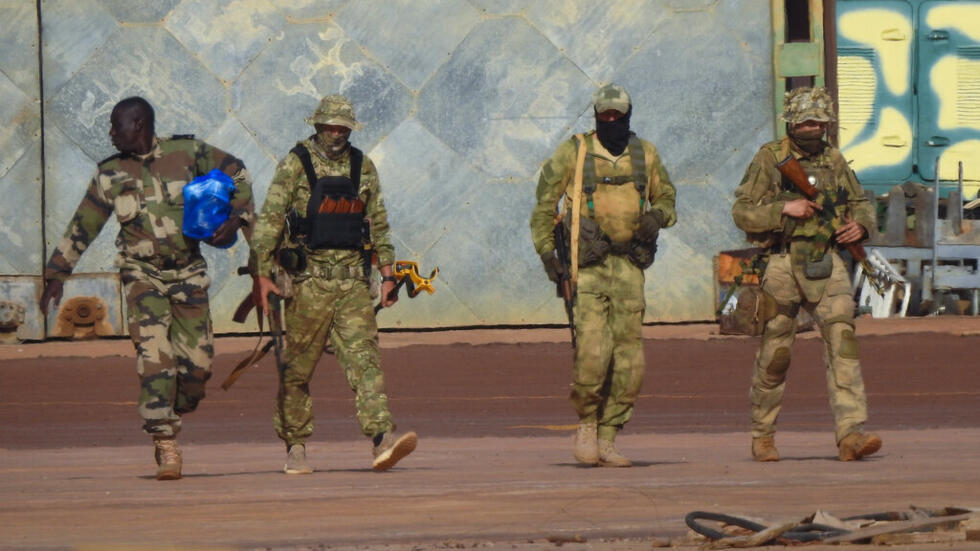
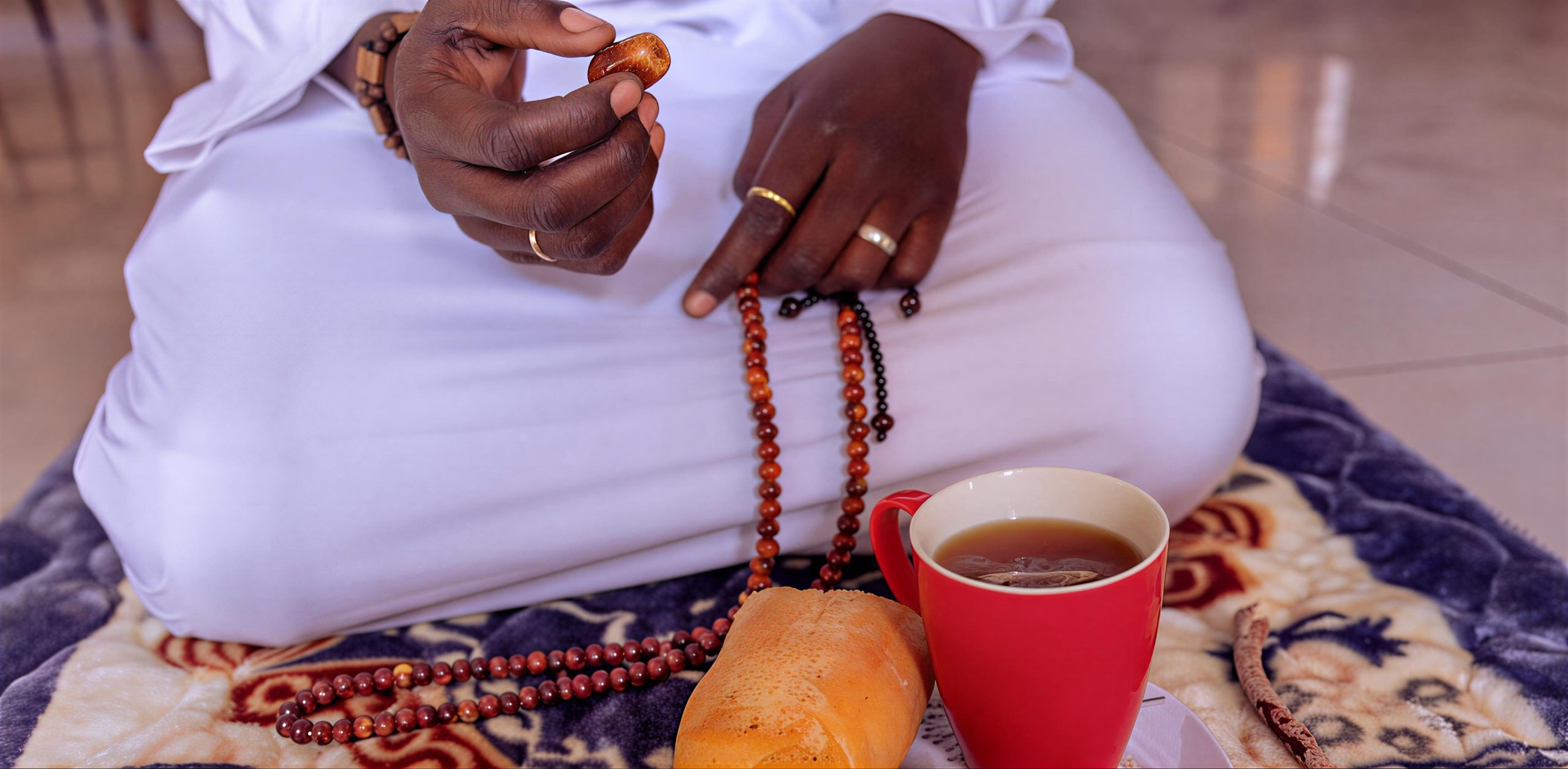

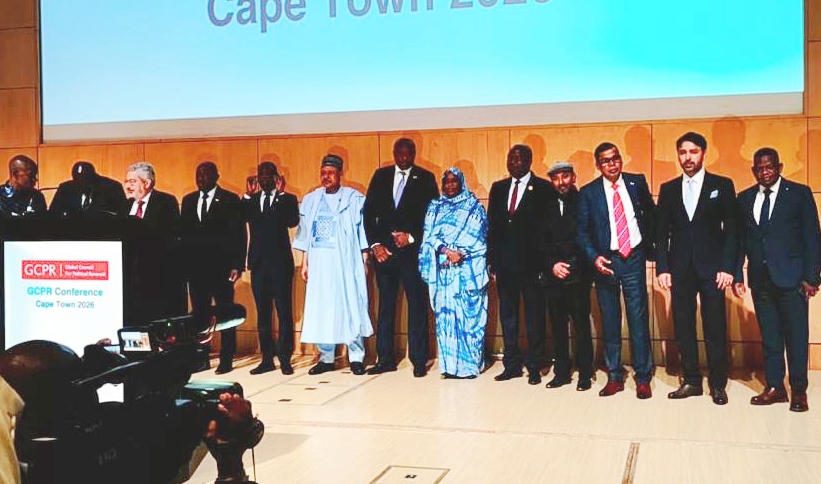
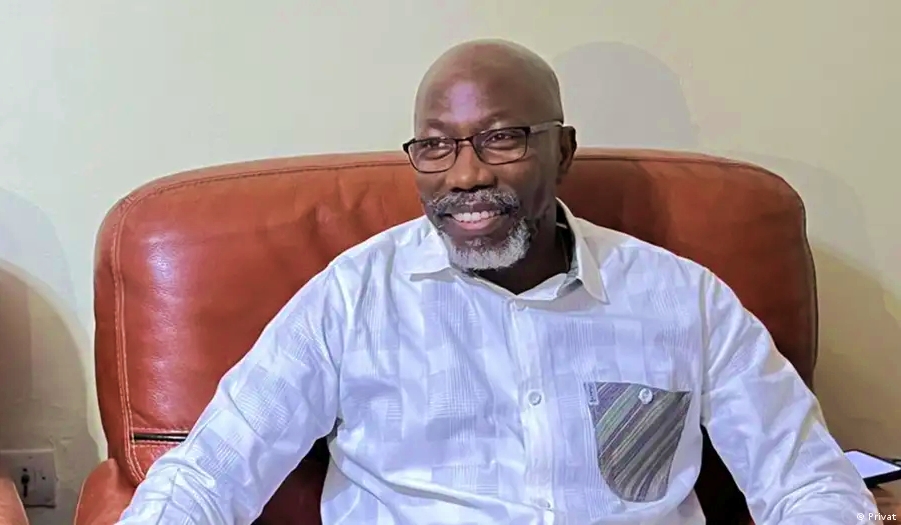
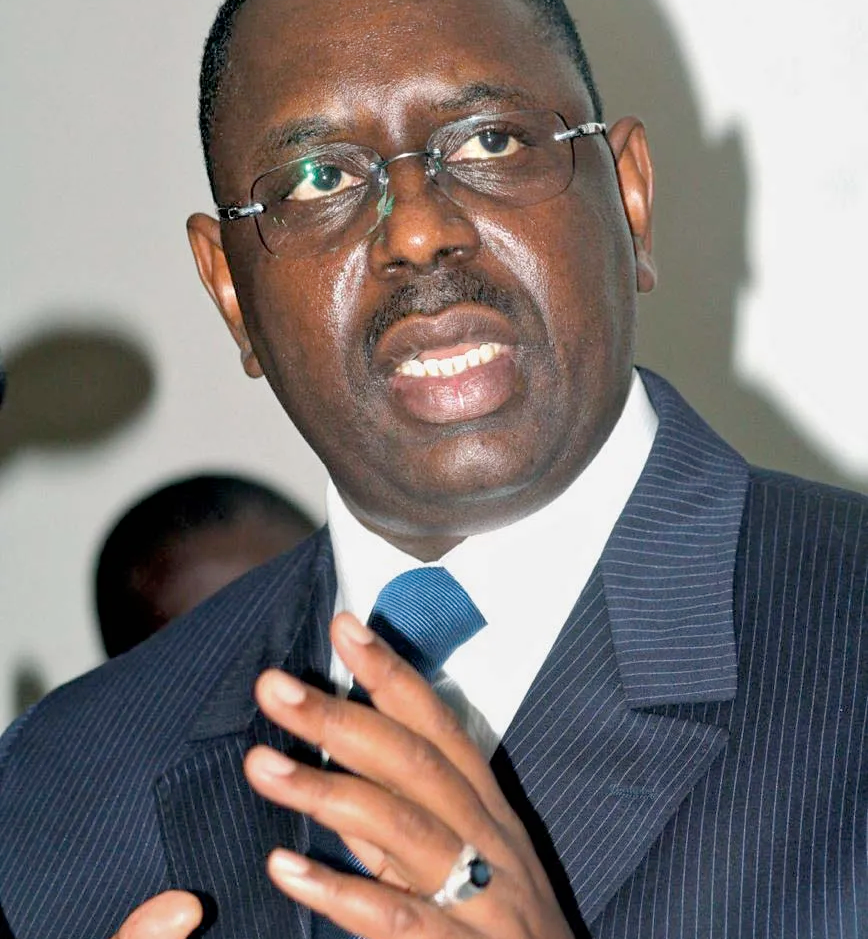
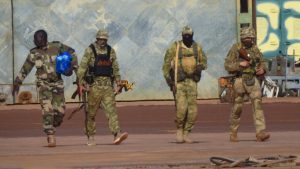
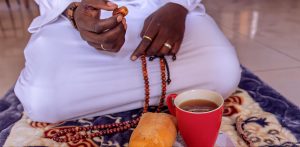
2 Responses
Chair (Emeritus) – the adage goes better late than never, and another: half a loaf is better than. Africa should seize the opening window to transform the unfair global financial system – and negotiate the most it can get out of it!
Since when has former Senegalese Despot and Kleptocrat been a champion of Reform of the Uneqal and Unjust International Financial system? Macky Sall’s sudden emergence as the African and Global South advocate for Reform of the global financial architecture is not Credible or serious, because he is making the Call, not as a Senegalese Patriot, which he does not appear to be, or a Pan-Africanist.
He is acting as an Emissary of Emmanuel Macron and on behalf of FRANCE 🇫🇷.
FACT
Even before Senegalese President Diomaye Faye was sworn in as President on 2nd April, outgoing President Macky Sall, had already accepted a 4P Job offer from Emmanuel Macron. He didn’t even get the courtesy to consult the new President, before accepting the offer. Please note that Macky Sall, as a retired President, will be receiving a yearly retirement package of franc CFA 120 million from the Senegalese Treasury. This speaks volumes about the Integrity and Patriotism of the former President
4P is an Initiative of French President Emmanuel Macron.
It is a Department of the French Presidency. Macky Sall will, thus, be answerable to Macro and working for the French Diplomatic Service.
4P is neither a job for an International Organization nor an appointment by an International Organization.
Under the 4P, France is seeking to be Tsar [exact French word used is “tuteur”] for Mobilization of International Capital and Financial Sector reforms for AFRICA.
How can an ex-President accept to do this when his own Country and many African countries want to End the Economic Bondage to the former colonial power and to Ditch the F. CFA.
[Source of above: Amadou Gueye, President de l’UNIS]?
Macky Sall referenced the Emmanuel Macron-hosted Paris Summit on the New Global Financing Pact. If Macky Sall attended, he never raised a voice on Reform of the global financial architecture. Why, now, about 2 years after the Paris Summit? And, the specific Reforms he is advocating will not go far enough to be transformative.
The Macky Sall-led Reform agenda will amount to cosmetic changes at best–exactly the kind of reforms that will suit France, the self-annointed Midwife or Tsar of Africa in the existing Unjust and Uneqal International Financial system.
The indispensable Global South Advocate of Transformation of the International Financial system, notably the two premier multilateral development banks (MDBs), namely the anarchcrostic colonial-era twin Breton Woods institutions, #WorldBankGroup and #IMF, was the Prime minister of Barbados, Mia Amor Mosley.
Kenyan President William Samoel Ruto and President Cyril Ramaphosa of South Africa, also echoed the same chorus at the Paris Summit on the New Global Financing Pact.